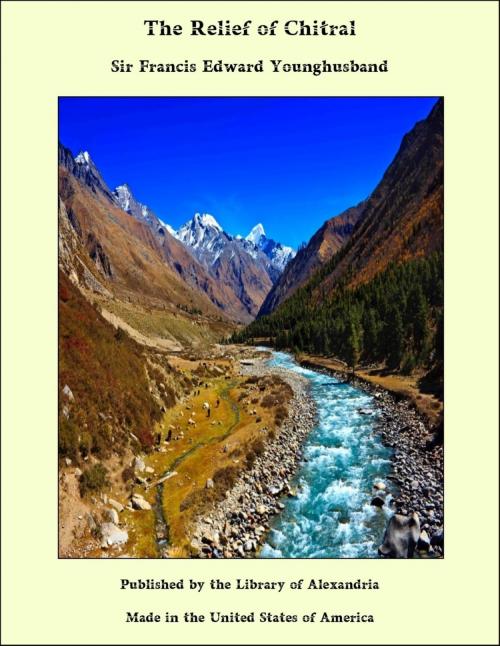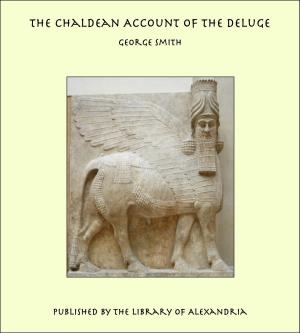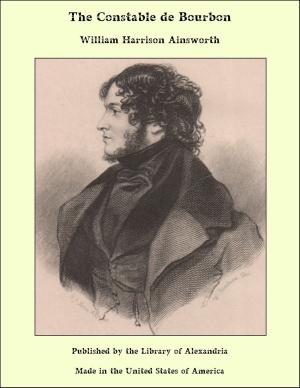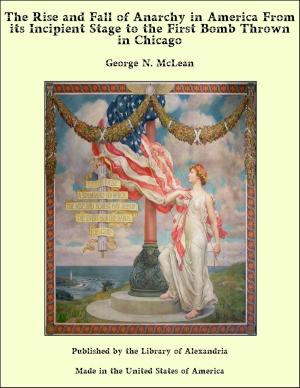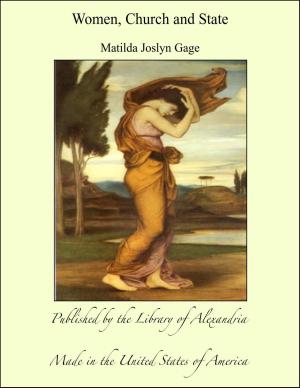| Author: | Sir Francis Edward Younghusband | ISBN: | 9781465622495 |
| Publisher: | Library of Alexandria | Publication: | March 8, 2015 |
| Imprint: | Language: | English |
| Author: | Sir Francis Edward Younghusband |
| ISBN: | 9781465622495 |
| Publisher: | Library of Alexandria |
| Publication: | March 8, 2015 |
| Imprint: | |
| Language: | English |
In the middle of March of the year 1895, people in England were suddenly made aware that grave trouble had arisen upon the northern frontier of India; that the representative of the British Government was besieged in the heart of a mountainous country, hundreds of miles from the nearest support; and that operations on a large scale were contemplated by the Government of India to effect his release, and restore British prestige. Some account of how this trouble arose is required, and of the causes which necessitated this campaign by which the honour of the British name was saved, and British officers were rescued from an untimely end. India is bounded on the north by successive ranges of mountains of great height, and among these mountains is the State of Chitral, a country somewhat larger than Wales, and supporting a population of 70,000 or 80,000 rough, hardy hillmen. Both the capital and the state itself are called Chitral, and the principal place, where is the fort of Chitral, is situated at a distance of about forty-seven miles from the main water-shed of the range of the Hindu Kush, which divides the waters flowing down to India from those which take their way into the Oxus, and on to Turkestan and Central Asia. Chitral is an important state, because of its situation at the extremity of the territory over which the Government of India exerts its influence, and for some years past, it had been the object of the policy of the Government of India, to control the external affairs of Chitral, in a direction friendly to our interests; to secure an effective guardianship over its northern passes; and to keep watch over what goes on beyond those passes. With these objects in view, Major Biddulph was sent to the country in 1877, and the first attempt was made to enter into relations with the Ruler or Mehtar of the country. No very definite arrangement was come to at this time, but in 1885, when war between Russia and England was imminent, Lord Dufferin despatched Sir William Lockhart at the head of an important mission to enter into more definite and complete relations with the Mehtar, and to report upon the defences of the country. Colonel Lockhart spent more than a year in Chitral and the neighbouring states on the north, as well as on the south side of the Hindu Kush range, and from that time to this the relations of the Government of India with the Rulers of Chitral have been of a close and intimate nature. Chitral was then governed by old Aman-ul-Mulk, a strong, astute ruler, who, by the force of his character, by intriguing, by murdering those of his rivals whom he could ensnare with his wiles, and by fighting the remainder, had consolidated a number of small states incessantly at warfare with one another into the Chitral of the year of the campaign. Under his firm rule, the country was held together, and, so long as he lived, no one dared to rise against him, or dispute his authority. But he had seventeen sons, and those who knew the customs of Mohammedan countries foresaw that, on his death, these must infallibly commence a fratricidal struggle for the throne.
In the middle of March of the year 1895, people in England were suddenly made aware that grave trouble had arisen upon the northern frontier of India; that the representative of the British Government was besieged in the heart of a mountainous country, hundreds of miles from the nearest support; and that operations on a large scale were contemplated by the Government of India to effect his release, and restore British prestige. Some account of how this trouble arose is required, and of the causes which necessitated this campaign by which the honour of the British name was saved, and British officers were rescued from an untimely end. India is bounded on the north by successive ranges of mountains of great height, and among these mountains is the State of Chitral, a country somewhat larger than Wales, and supporting a population of 70,000 or 80,000 rough, hardy hillmen. Both the capital and the state itself are called Chitral, and the principal place, where is the fort of Chitral, is situated at a distance of about forty-seven miles from the main water-shed of the range of the Hindu Kush, which divides the waters flowing down to India from those which take their way into the Oxus, and on to Turkestan and Central Asia. Chitral is an important state, because of its situation at the extremity of the territory over which the Government of India exerts its influence, and for some years past, it had been the object of the policy of the Government of India, to control the external affairs of Chitral, in a direction friendly to our interests; to secure an effective guardianship over its northern passes; and to keep watch over what goes on beyond those passes. With these objects in view, Major Biddulph was sent to the country in 1877, and the first attempt was made to enter into relations with the Ruler or Mehtar of the country. No very definite arrangement was come to at this time, but in 1885, when war between Russia and England was imminent, Lord Dufferin despatched Sir William Lockhart at the head of an important mission to enter into more definite and complete relations with the Mehtar, and to report upon the defences of the country. Colonel Lockhart spent more than a year in Chitral and the neighbouring states on the north, as well as on the south side of the Hindu Kush range, and from that time to this the relations of the Government of India with the Rulers of Chitral have been of a close and intimate nature. Chitral was then governed by old Aman-ul-Mulk, a strong, astute ruler, who, by the force of his character, by intriguing, by murdering those of his rivals whom he could ensnare with his wiles, and by fighting the remainder, had consolidated a number of small states incessantly at warfare with one another into the Chitral of the year of the campaign. Under his firm rule, the country was held together, and, so long as he lived, no one dared to rise against him, or dispute his authority. But he had seventeen sons, and those who knew the customs of Mohammedan countries foresaw that, on his death, these must infallibly commence a fratricidal struggle for the throne.
